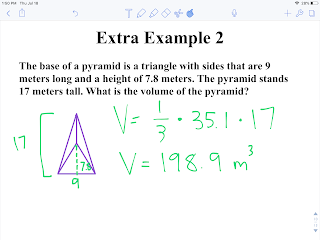Generational Differences
When I read articles about generational differences, I tend to have an instant reaction. My eyes will roll and the word “ugh” will escape my mouth more than once. The reason that I feel this way is because I am part of the “Millennial” generation. Lately, there have been tons of articles criticizing my generation (see: “‘Don’t Buy $19 Smashed Avocado’: Melbourne Property TycoonHammers Millennials Over Spending Habits” and “Millennials are Killing List” ). These articles are very frustrating because they put all Millennials in a box. They assume that we are all the same. Are people of different ages different? Of course, they are! But to make sweeping generalizations about people born during a certain time period is dangerous. I think this is true for education as well. For instance, in Prensky’s article, “Digital Natives, Digital Immigrants,” he states that his, “own preference for teaching Digital Natives is to invent computer games to do the job.” He believes that you could
